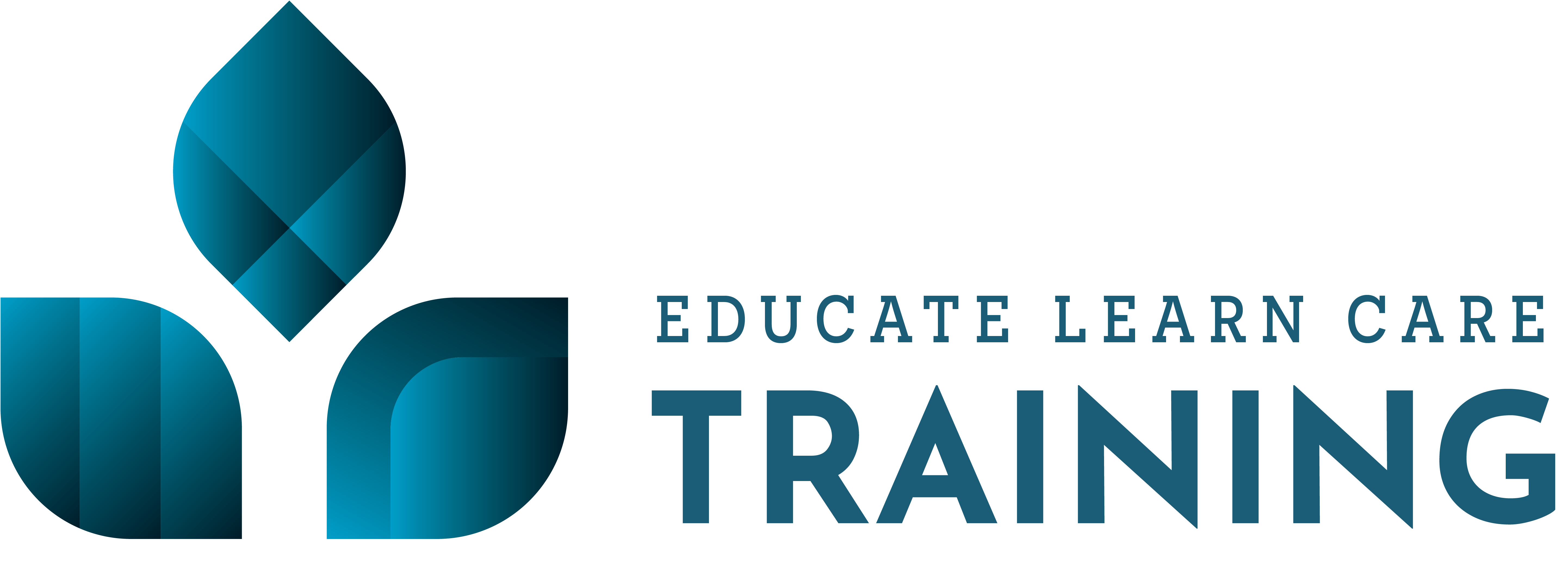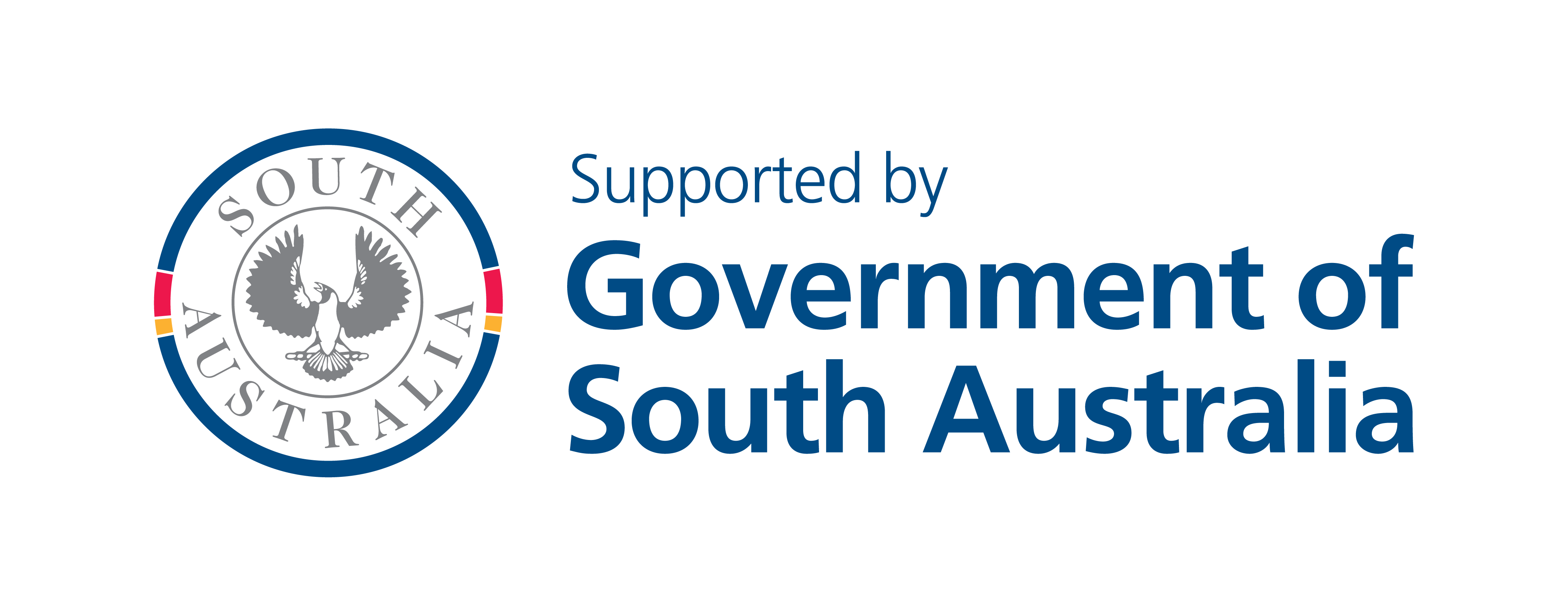Our trainers and team members are happy to share many aspects of their knowledge and experience in the Early Childhood Education Training.
Whether you are a school leaver, already in the childcare industry and looking to upskill - you will find useful information here.
There are resources for parents too.
Songs are an integral part of Early Childhood Education and Care (ECEC) across Australia. Educators incorporate songs into daily routines such as group times or use them as a soothing tool for children.
The NQS includes 7 quality areas that identify the important outcomes for children. These quality areas are linked to the 2 nationally approved learning frameworks; EYLF – Belonging, Being and Becoming (0-5 years) and My time, Our Place (school aged) to guide educator’s pedagogical principles and practices.
The National Quality Framework (NQF) provides a unified national approach to regulation, assessment, and quality improvement for early childhood education, care, and outside school hours care (OSHC) services across Australia. It ensures that services operate under consistent regulations and work towards delivering high-quality outcomes for children.
Quality Area 1 of the National Quality Standard (NQS) focuses on ensuring that educational programs and practices in early childhood education are stimulating and engaging and promote children’s learning and development. In school-age care services, this area nurtures the development of essential life skills and supports children’s experiences at school, at home, and within the community.
The aim of Quality Area 2 under the National Quality Standard is to safeguard and promote children’s health and safety, minimise risks and protect children from harm, injury and infection.
The aim of Quality Area 3 under the National Quality Standard is to ensure that the physical environment is safe, suitable and provides a rich and diverse range of experiences that promote children’s learning and development.
The aim of Quality Area 4 under the National Quality Standard is to ensure the provision of qualified and experienced educators, coordinators and nominated supervisors who are able to develop warm, respectful relationships with children, create safe and predictable environments and encourage children’s active engagement in the learning program.
When using the NQS handout the quality areas have been broken down to easily identify the concept and descriptor that describes each quality area, standard and element.
Quality Area 5 of the National Quality Standard (NQS) focuses on fostering relationships with children that are responsive, respectful, and promote their sense of security and belonging. Building strong, trusting relationships allows children to freely explore their environment, engage in play, and participate actively in learning.
The aim of Quality Area 6 under the National Quality Standard is to recognise that collaborative relationships with families are fundamental to achieving quality outcomes for children and that community partnerships that are based on active communication, consultation and collaboration are also essential.
Well-documented policies and procedures, well-maintained records, shared values, clear direction and reflective practices enable the service to function as a learning community. An ongoing cycle of planning and review, including engagement with families, creates a setting for continuous improvement.
At ELC Training, we are deeply committed to ensuring that every student has access to the support they need to excel in their studies. Whether you’re facing academic challenges, personal issues, or just need a bit of extra help, there are numerous support services available to you.
Earn your Diploma in Early Childhood Education and Care with ELC Training and unlock new career opportunities. Our program offers in-depth knowledge and practical skills, qualifying you for higher-level roles like lead educator or centre director. With flexible study options and ongoing support from passionate industry experts, you’ll receive personalized training tailored to your needs, ensuring your success in the field.
Embarking on a career in Early Childhood Education requires dedication and the right strategies for study success. At ELC Training, we believe that effective study habits and strong student support are the keys to thriving in your studies. In this blog, we’ll share essential tips and resources to help you excel in your coursework and build a solid foundation for your future career.
Are you considering a career in early childhood education? Or are you already working in the industry and thinking about advancing your qualifications? If so, there’s some exciting news that could have a big impact on your future. Recent changes to award rates for childcare workers mean better pay and recognition for those in this rewarding field.
Starting the journey to join an Early Childhood Education service is a huge milestone for you and your family. These transitions are often met with anticipation, excitement, anxiety over the unknown, which can cause transitions to be stressful and overwhelming.
When you enrol in a government funded course in South Australia, you are required to sit the CPSA Upfront Assessment of Needs Test (Language, literacy, and numeracy test).
Your babies safety is the most important thing, and that includes their sleep environment. There are many factors that can affect whether your child is at increased risk of Sudden Infant Death Syndrome (SIDS).
Professional development
Are you considering a career in early childhood education? Or are you already working in the industry and thinking about advancing your qualifications? If so, there’s some exciting news that could have a big impact on your future. Recent changes to award rates for childcare workers mean better pay and recognition for those in this rewarding field.
Starting the journey to join an Early Childhood Education service is a huge milestone for you and your family. These transitions are often met with anticipation, excitement, anxiety over the unknown, which can cause transitions to be stressful and overwhelming.
Best practices for working with children
Songs are an integral part of Early Childhood Education and Care (ECEC) across Australia. Educators incorporate songs into daily routines such as group times or use them as a soothing tool for children.
Quality Area 5 of the National Quality Standard (NQS) focuses on fostering relationships with children that are responsive, respectful, and promote their sense of security and belonging. Building strong, trusting relationships allows children to freely explore their environment, engage in play, and participate actively in learning.
Your babies safety is the most important thing, and that includes their sleep environment. There are many factors that can affect whether your child is at increased risk of Sudden Infant Death Syndrome (SIDS).
For centre operators
The NQS includes 7 quality areas that identify the important outcomes for children. These quality areas are linked to the 2 nationally approved learning frameworks; EYLF – Belonging, Being and Becoming (0-5 years) and My time, Our Place (school aged) to guide educator’s pedagogical principles and practices.
The National Quality Framework (NQF) provides a unified national approach to regulation, assessment, and quality improvement for early childhood education, care, and outside school hours care (OSHC) services across Australia. It ensures that services operate under consistent regulations and work towards delivering high-quality outcomes for children.
Quality Area 1 of the National Quality Standard (NQS) focuses on ensuring that educational programs and practices in early childhood education are stimulating and engaging and promote children’s learning and development. In school-age care services, this area nurtures the development of essential life skills and supports children’s experiences at school, at home, and within the community.
The aim of Quality Area 2 under the National Quality Standard is to safeguard and promote children’s health and safety, minimise risks and protect children from harm, injury and infection.
The aim of Quality Area 3 under the National Quality Standard is to ensure that the physical environment is safe, suitable and provides a rich and diverse range of experiences that promote children’s learning and development.
The aim of Quality Area 4 under the National Quality Standard is to ensure the provision of qualified and experienced educators, coordinators and nominated supervisors who are able to develop warm, respectful relationships with children, create safe and predictable environments and encourage children’s active engagement in the learning program.
When using the NQS handout the quality areas have been broken down to easily identify the concept and descriptor that describes each quality area, standard and element.
Successful study
At ELC Training, we are deeply committed to ensuring that every student has access to the support they need to excel in their studies. Whether you’re facing academic challenges, personal issues, or just need a bit of extra help, there are numerous support services available to you.
Earn your Diploma in Early Childhood Education and Care with ELC Training and unlock new career opportunities. Our program offers in-depth knowledge and practical skills, qualifying you for higher-level roles like lead educator or centre director. With flexible study options and ongoing support from passionate industry experts, you’ll receive personalized training tailored to your needs, ensuring your success in the field.
Embarking on a career in Early Childhood Education requires dedication and the right strategies for study success. At ELC Training, we believe that effective study habits and strong student support are the keys to thriving in your studies. In this blog, we’ll share essential tips and resources to help you excel in your coursework and build a solid foundation for your future career.
When you enrol in a government funded course in South Australia, you are required to sit the CPSA Upfront Assessment of Needs Test (Language, literacy, and numeracy test).
First aid
General
The aim of Quality Area 6 under the National Quality Standard is to recognise that collaborative relationships with families are fundamental to achieving quality outcomes for children and that community partnerships that are based on active communication, consultation and collaboration are also essential.
Earn your Diploma in Early Childhood Education and Care with ELC Training and unlock new career opportunities. Our program offers in-depth knowledge and practical skills, qualifying you for higher-level roles like lead educator or centre director. With flexible study options and ongoing support from passionate industry experts, you’ll receive personalized training tailored to your needs, ensuring your success in the field.
Are you considering a career in early childhood education? Or are you already working in the industry and thinking about advancing your qualifications? If so, there’s some exciting news that could have a big impact on your future. Recent changes to award rates for childcare workers mean better pay and recognition for those in this rewarding field.
At ELC Training Embracing change not only enables us to stay ahead of the curve but also empowers us to shape the future of our industry.





